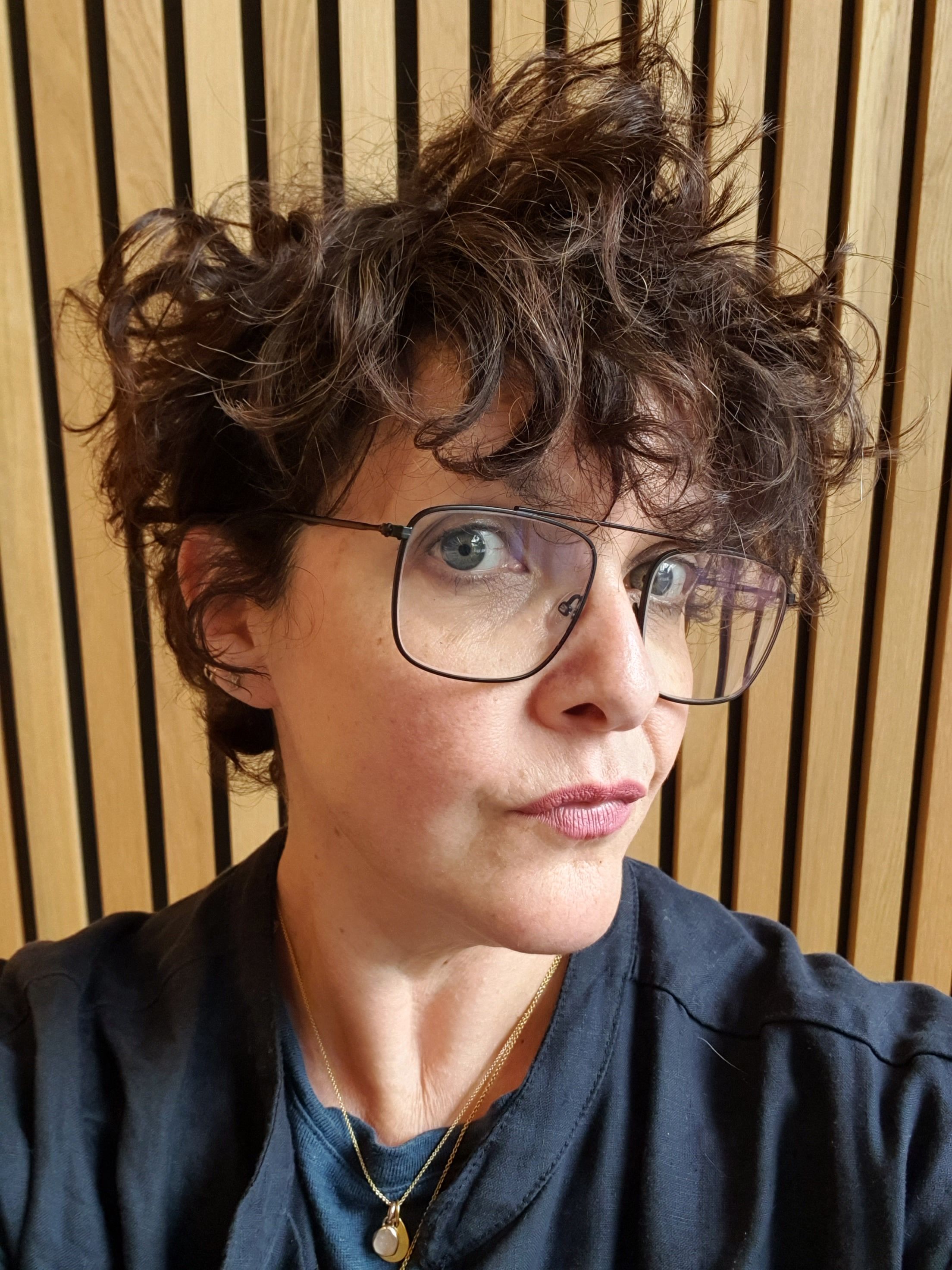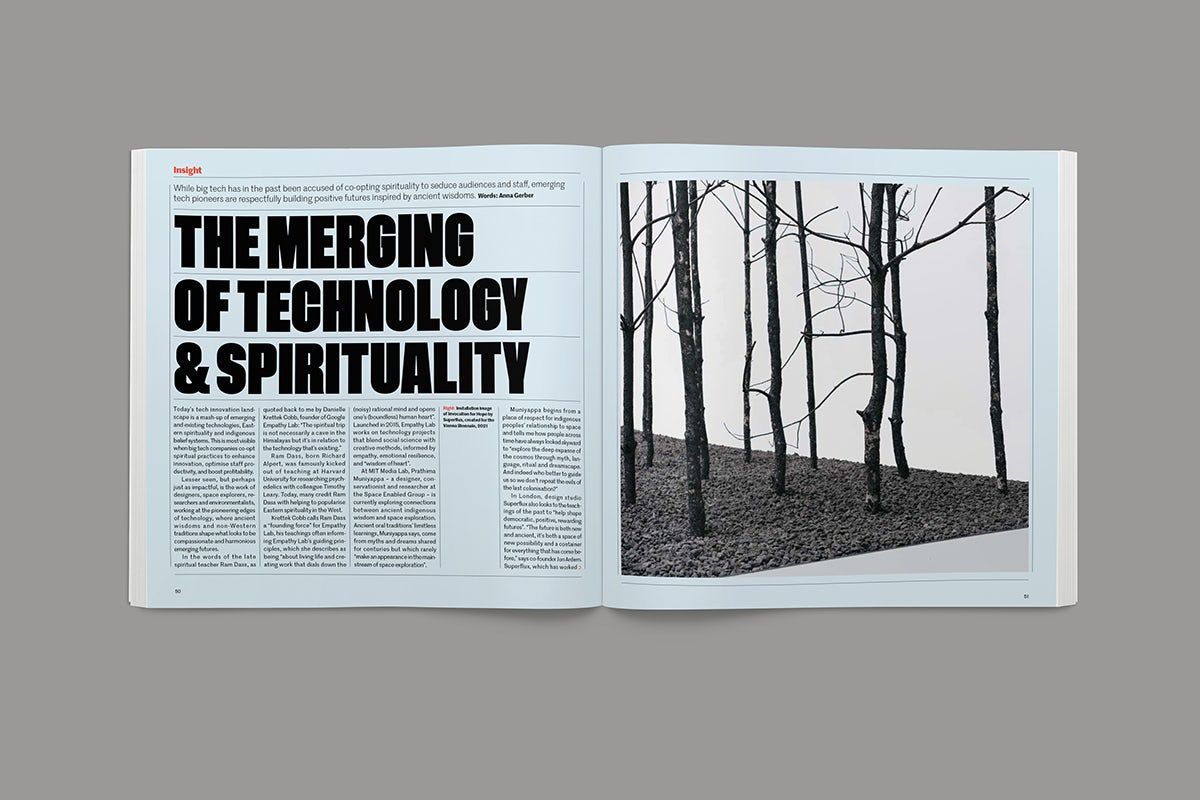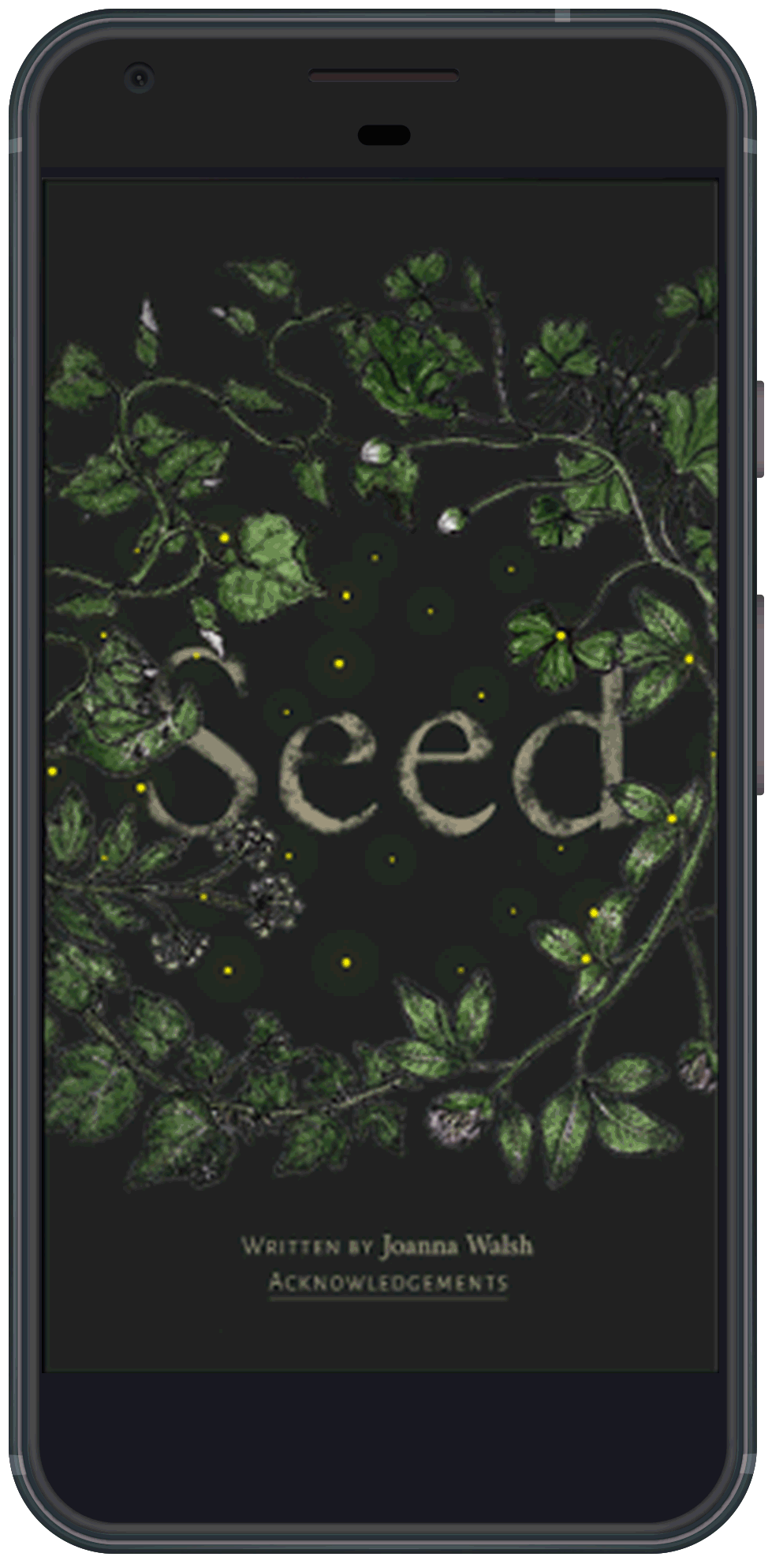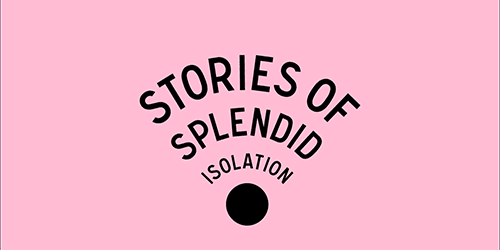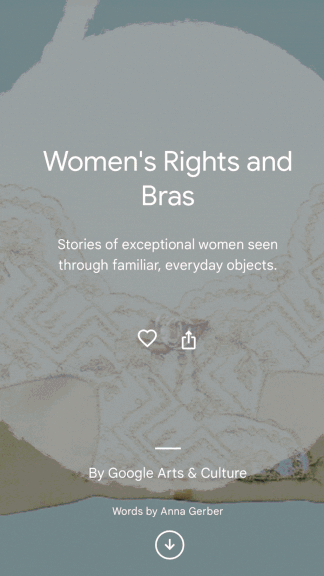Anna Gerber is founder of Hurry Up, We're Dreaming. She also works as creative consultant specialising in designing narratives at the intersection of emerging technologies, arts and culture.
A proud Peabody Futures Award winner, I’ve worked with world class brands and organisations, including Google’s Empathy Lab, Google Arts & Culture, Google Creative Lab, The British Library and Penguin Random House to deliver surprising, connecting and accessible narratives for discerning audiences for over twenty years. I was founder and creative partner for award-winning storytelling business Visual Editions for nearly fifteen years.
I also write about technology; my latest stories are for The Financial Times on fragrances using AI and on the merging of spirituality and technology for Creative Review.
I am currently working as a consultant on a digital exhibition with The Workers for The National Gallery to celebrate their 200 year anniversary and have recently launched a new editorial, events and workshop platform dedicated to tech with spirit. The platform is called Hurry Up, We’re Dreaming. Urgent and hopeful. Follow our IG for updates and join and become a member to gain access.
Get in touch
Email
Instagram
LinkedIn
Select Clients
The National Gallery
Google Arts & Culture
Google Empathy Lab
Google AI
Google Assistant
Google Creative Lab
Google Zoo
The British Library
Issuu
Penguin Random House
Royal College of Art
V&A Museum
WeTransfer
COS/H&M
Writing: Select articles
– "Bring on l'eau de l'algorithm" The Financial Times
– "On Technology and Spirituality"
Creative Review
– "Acrobat Reader"
with Teal Triggs, Print Magazine
–"Design and Sustainability"
Creative Review
–"Honour Thy Error"
Eye Magazine
Writing: Books
– Graphics RCA: Fifty Years
Editorial Consultant, Royal College of Art
– Graphic Design: Little Book of Big Ideas
Writer, Bloomsbury
– Influences: A Lexicon of Contemporary Graphic Design
Editor and Designer, with Anja Lutz, Gestalten
– All Messed Up: Unpredictable Graphics
Writer and Designer, Laurence King
Select Press
The Bookseller
Creative Review
Dazed
Design Observer
Engadget
Eye Magazine
Fast Company
The Financial Times
The Guardian
Huck Magazine
Hunker
Idea Magazine
It's Nice That
The New York Times
The New York Times Style Magazine
Print Magazine
The Secret Life of Writers by Tablo
The Times
Vanity Fair
Vice
Wired
Awards
Peabody Futures Award Winner
D&AD Book Award
Type Directors Club Award Winner
HP Inkspiration Award Winner
Cannes Lions, Shortlisted
Design of Year Design Museum, Shortlisted
Judging
AOI Judge
AIGA Judge
Anthem Judge
D&AD Judge
D&AD Jury President
External Examiner, Royal College of Art
New Blood D&AD Judge
Webby Judge
Collections
The Art Institute of Chicago, Permanent Collection
The British Library, Emerging Formats Collection
The British Library, The Lockdown Collection
Talks
Bath Spa University
Brighton University
California Institute of the Arts
Chelsea College of Art and Design
Central Saint Martins
Design Council
Design Museum
Falmouth University
It’s Nice That
London College of Communication
King’s College
Malaysia School of Design
Manchester School of Art
Melbourne School of Design
Norwich School of Art and Design
Rhode Island School of Design
Royal College of Art
Srishti India Design School
Sydney Literary Festival
TedX
University of West England
Victoria & Albert Museum
York University
Website Credits
Website design by Nina Jua Klein Studio
Coding by Simon Wilson
